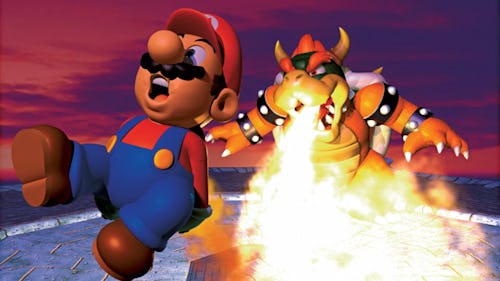
Nintendo has taken an unusually strong stance against piracy over the years, even by video game industry standards. Now, a recently-released transcript of hacker Gary Bowser's sentencing hearing back in February gives some insight into the company's decision-making process, as well as a few interesting facts many of us missed. (Also, yes, his name really is Bowser, write your own joke here.)
To review, Bowser pled guilty to several cybercrime charges as a major member of Team Xecuter, a hacking group that developed and sold aftermarket products designed to circumvent copy protection on popular video game consoles, particularly the Nintendo Switch and 3DS. Bowser was ultimately sentenced to 40 months in jail as part of a plea deal.
According to Axios, Nintendo lawyer Ajay Singh called the sentencing hearing "a very significant moment for us." He said that Nintendo suffered millions of dollars of losses from Xecuter-backed piracy, and that smaller developers also lost revenue as a result. He also noted that Xecuter's hacks enabled players to cheat, which forced parents to "explain to their children why people cheat and why sometimes games are not fair." Won't someone think of the parents?
As writer Stephen Totilo notes above, Nintendo acknowledged in the hearing that it developed a new model of the Switch in order to plug the loopholes that Xecuter's tools were exploiting. At the hearing, the judge said that he would normally have given Bowser the full 60 months requested by the government. (For context, Bowser's lawyer requested 19 months.)
However, due to the abysmal conditions imposed by the pandemic — Bowser's lawyer said that his client spent six months of his pre-trial stay alone in a cell for 23 hours a day — the judge ultimately decided to split the difference.
While we certainly don't condone piracy here at Input, I think we can all agree that this sort of anti-piracy talk is a bit rich coming from Nintendo. No company has done a poorer job of supporting its back catalog. Even today, it's very difficult to play (or replay) many of Nintendo's classic games without paying hundreds of dollars to retro resellers or breaking the law in some capacity. That doesn't excuse what Bowser did, but the company needs to do a better job of supporting its fans regardless.


.jpg?w=600)




